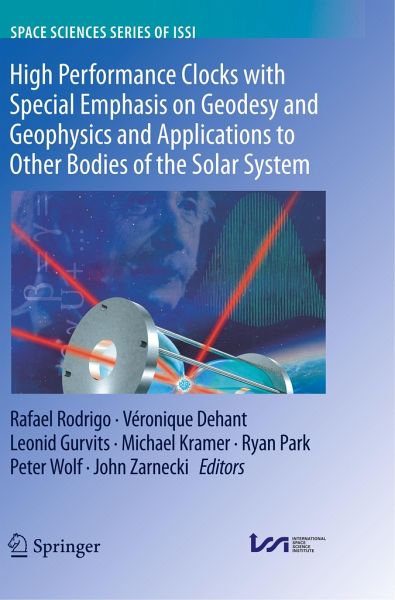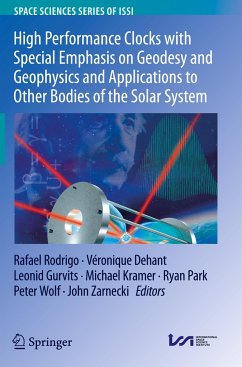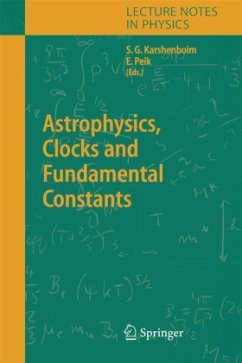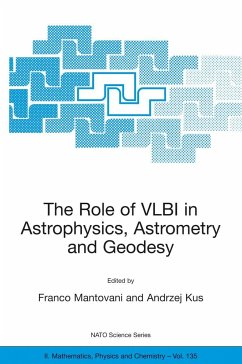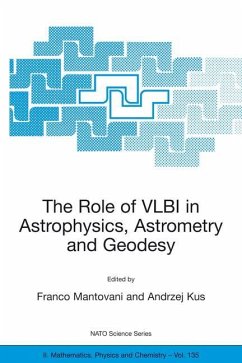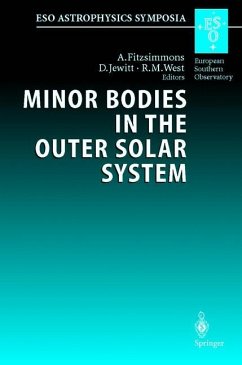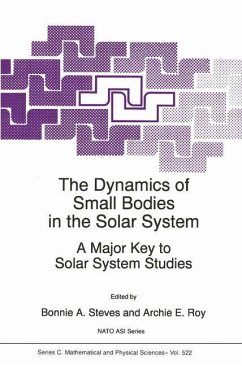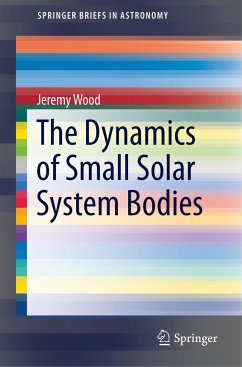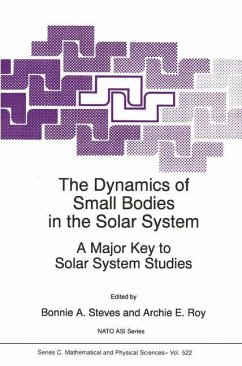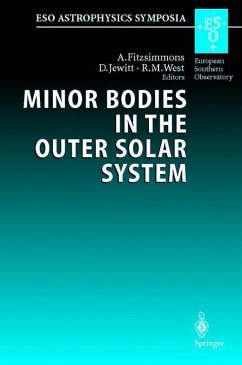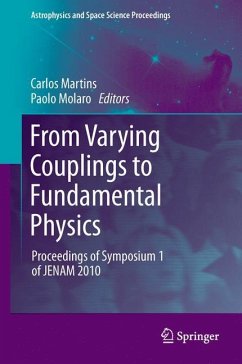Rafael Rodrigo received his PhD at the University of Granada in 1979. His scientific career began at the Institute of Astrophysics of Andalusia, of which he was director from 1990 to 2004, and where he was directly involved in the direction of many projects on Planetary Atmospheres and Solar System Exploration. He has been the President of the Spanish National Research Council (CSIC) from 2008 to 2012. He has been or is involved in many space missions (Rosetta, Cassini¿Huygens, Mars Express, Bepi¿Colombo, JUICE...). He is currently a Research Professor at the Centro de Astrobiologia (CSIC), Madrid, and the Executive Director of the International Space Science Institute in Bern, Switzerland. He is the author or coauthor of more than 300 scientific publications in international journals. Véronique Dehant works at the Royal Observatory of Belgium, where she is Responsible for the Operational Directorate "Reference Systems and Planetary Science." She is also Extraordinary Professor at the Université Catholique de Louvain. She is Academician (Royal Academy of Belgium; Science class) since 2010 and was awarded with several prizes, including the Descartes Prize of the European Union in 2003. In 2015, she has obtained a European Research Council (ERC) Advanced Grant, with the project RotaNut: Rotation and Nutation of a wobbly Earth. Veronique Dehant is author of 164 refereed publications, 219 publications in un-refereed proceedings, 84 other publications; i.e. 467 published publications all together, as well as author of a book on "Precession, Nutation and Wobble of the Earth," published by Cambridge University Press. Leonid Gurvits obtained MSc degrees in Aerospace Engineering from the Moscow Aviation Institute, and Astronomy from the Moscow State University, both in 1979, and PhD in Astrophysics from the Lebedev Physical Institute in Moscow, USSR, in 1991. He began his professional career at the Space Research Institute in Moscow, continued at theLebedev Physical Institute as Head of Laboratory of Extragalactic Radio Astronomy and Project Scientist of the Space VLBI mission RadioAstron. He later worked as a researcher at the National Astronomy and Ionosphere Center - Arecibo Observatory, a visiting Professor at the Institute of Space and Astronautical Sciences, Japan, and since 1994 - at the Joint Institute for VLBI ERIC in The Netherlands, where he leads the Space Science and Innovative Applications Department. Since 2011, he is Professor of Astrodynamics and Space Missions at the Delft University of Technology. L. Gurvits participated as a co-investigator and principle investigator in many space science missions (RadioAstron, HALCA-VSOP, Huygens, ExoMars, JUICE, others). He is Academician of the International Academy of Astronautics, an author of more than 200 publications. Michael Kramer is director at the Max-Planck-Institute for Radioastronomy in Bonn, focusing on studies of fundamental physics using radioastronomical techniques, especially radio pulsars. He is also Professor at the University of Manchester and Honorarprofessor at the University of Bonn. He was awarded with several prizes, including the Descartes Prize of the European Union in 2005, the Marcel-Grossmann Award in 2009 and the Herschel Medal of the Royal stronomical Society in 2013. In 2008 he won a European Research Council (ERC) Advanced Grant and in 2013 an ERC Synergy Grant with colleagues in the Netherlands and Germany. Currently, he also serves as a Member of the ERC Scientific Council. He has published over 400 refereed publications, and also coauthored the "Handbook of Pulsar Astronomy" published by Cambridge University Press. Dr. Ryan Park is the manager of the Solar System Dynamics (SSD) group at the NASA Jet Propulsion Laboratory. His group is responsible for maintaining and improving the ephemerides of all planetary objects, including planets, natural satellites, asteroids and comets, as well as determining their physical parameters, such as gravity field, rotational state and topography. He is currently the lead of the Dawn gravity science investigation at Ceres, responsible for determining the gravity field and topography of Ceres. He is also involved with several space missions, including Psyche, Juno, OSIRIS-REx, Europa Clipper Flyby Mission, GRAIL, etc. He is also the principal investigator of Advance Pointing Imaging Camera (APIC) and mini-Advanced Pointing Imaging Camera (mAPIC) that are developed for measuring tidal responses and rotational state of natural satellites and small bodies. Lastly, he is an Adjunct Associate Professor at the University of Southern California where he teaches graduate-level courses on orbital mechanics. Peter Wolf received his Ph.D. from the University of London in 1997 and his "Habilitation à diriger des recherches" from Université Pierre et Marie Curie in Paris in 2005. He has worked as a physicist at the Bureau International des Poids etMesures (BIPM) and since 2007 has held a CNRS research position at the Paris Observatory. His research activity is both theoretical and experimental and centered on tests of fundamental physics. It focuses in particular on ground and space tests of general relativity and related studies in alternative theories of gravitation, atomic clocks, atom interferometers and time/frequency transfer techniques. John Zarnecki studied Physics at the University of Cambridge, followed by a PhD at the Department of Physics and Astronomy, University College London. Subsequently, he has had over thirty years' experience of space research spanning a number of space missions, including sounding rockets, Earth-orbiting missions and interplanetary flights, at British Aerospace, the University of Kent and the Open University, including high profile space missions such as the Hubble Space Telescope, the Giotto mission to Halley's comet and the Cassini/Huygens mission to Saturn & Titan. He was aVice-President of the Royal Astronomical Society and a member of a variety of national and international bodies in the field of Space Research, including acting as Chair of the UK Space Agency Science Programme Advisory Committee (SPAC). He is also the holder of awards from NASA and ESA and was the inaugural winner of the Arthur C. Clarke Award for Best Individual Achievement in UK Space Research in 2005. Having recently taken early retirement from the Open University, he now chairs the European Space Agency's Solar System & Exploration Working Group and is President of the Royal Astronomical Society.
